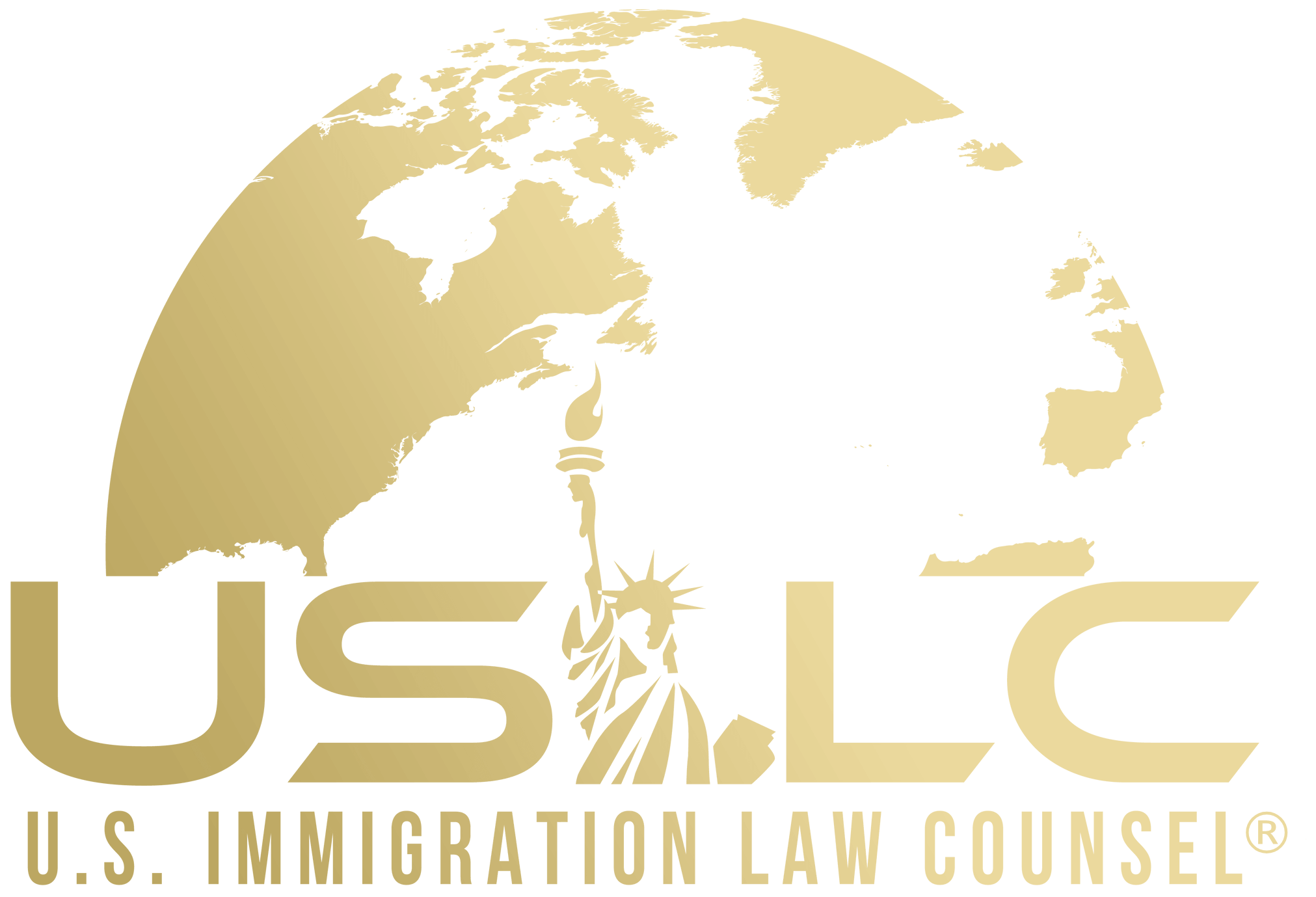If you want to get an immigrant-based visa so you can work in the U.S., there are several different categories you may qualify for. Getting an employment-based visa allows you to work in the United States either permanently or for a temporary amount of time, depending on the visa category. In this article, we will be discussing the types of employment-based visas available and the common challenges you may face when applying for them.
Types of Employment-Based Visas
Because there are so many employment-based immigrant visa options, it can be challenging to know which one is the best fit for your situation. It is crucial that you choose the right employment-based visa category so that you have a better chance of being approved when you apply.
Another thing immigrants should do to increase their chances of success is to hire an immigrant attorney. An experienced immigrant attorney can help you choose the correct visa, submit your application, and resolve any issues that may come up.
Temporary Non-Immigrant Visa
A temporary non-immigrant visa allows people to work in the United States for a fixed amount of time. It is usually filed by a potential employer, but you will still need to apply separately for a visa as well.
Some examples of temporary non-immigrant visas include H visas, which can be H-1B, H-2A, H-2B, or H-3 visas. You will need to do your research carefully regarding each of these types since they have different qualifications and restrictions. Other options include L-1, O-1, R visas, and P visas.
Permanent Workers
One option to get a green card for employment-based visa is to get a permanent workers visa. As the name suggests, this allows you to work in the United States permanently as an immigrant.
There are quite a few restrictions for getting a permanent workers’ visa, so you may want to hire an immigration attorney to help you with your application. The options for permanent workers visas include EB-1, EB-2, EB-3, EB-4, and EB-5 visas.
Student and Exchange Visitors
Depending on your situation, you may be able to apply for student or exchange visitor visas, which can sometimes allow you to find specific types of employment in the U.S. These often come with very specific requirements regarding the type of employment, so you will need to carefully evaluate which option is the better fit for your situation.
Different types of visa options you have are F visas, M visas, and J visas. These are standard options for foreign exchange students and immigrant students enrolled in the U.S.
Temporary Visit For Business
The U.S. also provides visas that grant temporary visits for business that allow you to come to the U.S. for things like business meetings, conventions, or negotiations. There are three options for temporary visits, including B-1 visas, W.B. Temporary Business Visitor Under the Visa Waiver Program, and G.B. Temporary Visitor to Guam.
Navigating Employment-Based Visa Challenges
Whether you are a foreign worker or an employer, there are some common pitfalls that can arise when trying to get an employment-based visa. That is why a crucial step in this process is to hire an immigration attorney who can help you navigate the legal complexities of getting the right visa in a timely manner.
Visa Quotas
Certain types of employment-based visas have quotas that put a cap on how many of these visas are available. Because of this, if you do not apply and get accepted for one of these visas in time, you may be unable to get the visa you need until the next year. You should understand what the visa quotas are and apply as soon as possible with the help of a lawyer to avoid delays.
Policy Updates
Another issue that can arise is that immigration policies are regularly being updated, which can impact regulatory requirements and other aspects of applying for these visas. An immigration attorney will be up-to-date with these immigration policies and can help you fill out your application with these updates in mind.
Incorrect Documentation
Every type of employment-based visa calls for different types of documentation and evidence for your application to be approved. You must be meticulous when providing this documentation so that you do not overlook anything important or fail to produce accurate information. Incorrect documentation or missing documentation can lead to delays and even a rejection.
Visa Categories
Each employment-based visa category has been designed for particular purposes and professions. Whether you are an immigrant worker or an employer, you must do your research and carefully choose the right visa that fits the situation and your qualifications.
Labor Certification
There are certain types of qualifications you have to provide in order to get an employment-based visa, one of them being labor certification. For most employment-based visas, you have to prove that there are no qualified U.S. workers available, which can be difficult depending on the situation. Many workers and employers fail to do this or do not provide the information correctly.
Processing Delays
One of the most common hurdles visa applicants have to overcome is processing delays. Delays can occur at any stage during this process, stretching out the wait time by several months. That is why it is crucial that you create a strong application that provides all of the information required for it to be accepted without issue.
RFEs
Requests for Evidence, or RFEs, are quite common no matter what type of visa you are applying for and can cause extensive issues with getting approved. Having an immigration attorney on your side can help you respond to these RFEs in a way that will get your application back on track to avoid long delays.
Hire an Immigration Attorney Today
Are you ready to start applying for your employment-based visa so you can work in the U.S.? Contact us today at U.S. Immigration Law Counsel® by filling out our online form or contacting us directly at 800-666-4996 to speak with one of our immigration attorneys. Our immigration lawyers will deal with the government, so you don’t have to!





